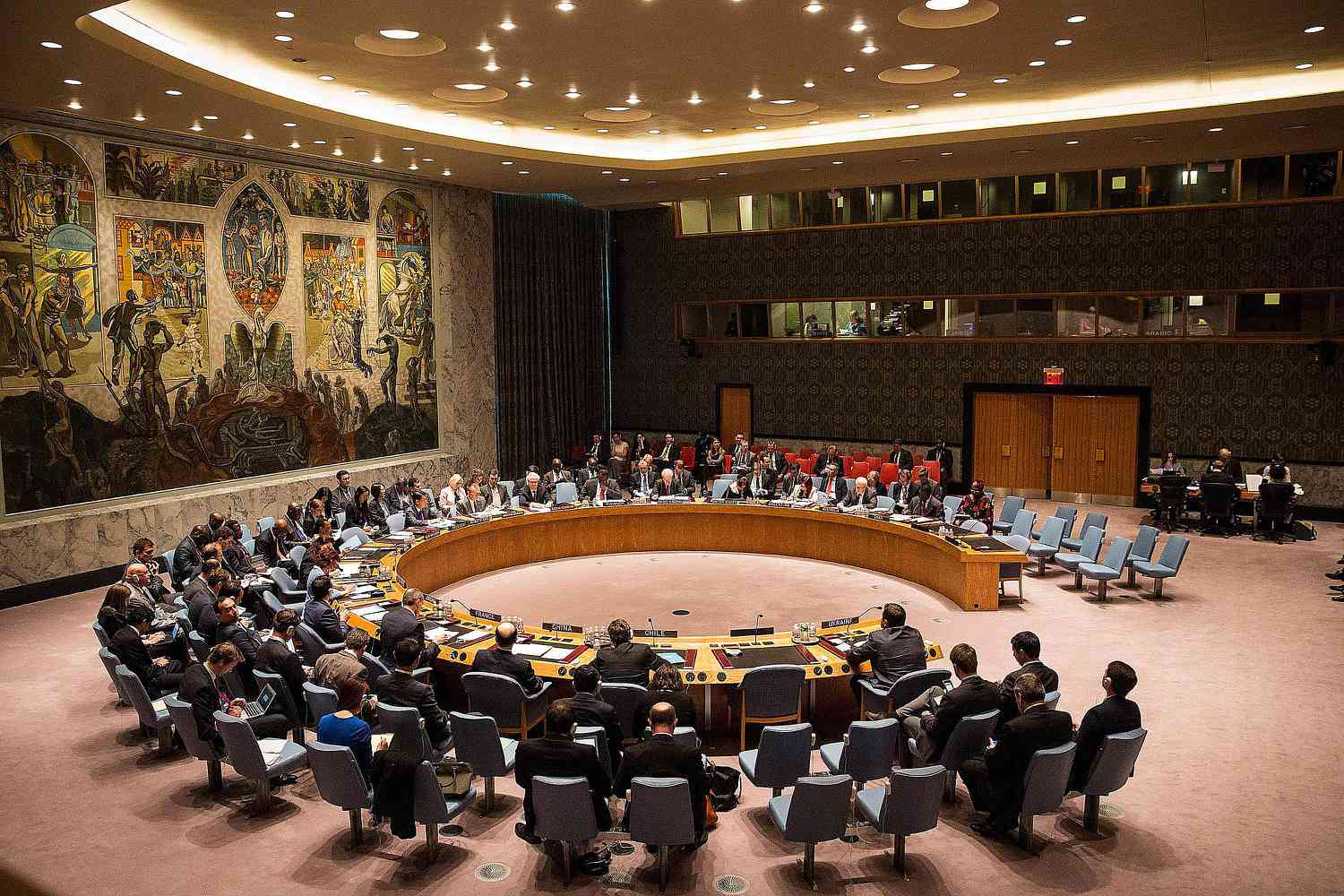Africa
UN Security Council Officials Advocate for Permanent Seat for Africa

Officials at the UN Security Council are pushing for Africa to gain a permanent seat, arguing that the continent deserves a stronger voice in global decision-making. This move is seen as a step toward greater representation and equity in international governance.
In an effort to rectify the underrepresentation of Africa, the head of United Nations has urged for a revamp of the obsolete framework and instating a permanent seat at UNSC. This would entail restructuring to match current global standards.
During a high-level debate on Monday, Secretary-General Antonio Guterres conveyed that the UNSC’s composition is inadequate in keeping up with global progress and evolution.
He stated that it is unacceptable for the primary organization responsible for peace and security to not have a permanent representative from a continent with over one billion inhabitants. Additionally, he cannot tolerate Africa’s opinions being disregarded on issues regarding peace and security, whether within or beyond the continent.
The United Nations Security Council has 15 members with five permanent ones that hold veto power: France, China, Russia, the United States and the United Kingdom. The remaining 10 seats are allocated regionally for nonpermanent members.
There are a total of 10 seats, with three allocated for African states. Two seats each have been assigned to Asia-Pacific, Latin America and the Caribbean region as well as Western Europe and other nations; whilst Eastern Europe has received one seat only.
READ ALSO: UN Security Council set to vote on resolution for ceasefire in Gaza
The UNSC urged for the enhancement of African nations’ participation in resolving worldwide security and developmental predicaments during May.
During the debate, Dennis Francis, President of UNGA emphasized that it is imperative for UN to represent the world as it exists.
He stated that it is unjust and against the core values of fairness and inclusivity for Africa to be noticeably absent from the Security Council.
He stated that the African Union will select its own permanent members, and they aim to eliminate the use of veto power. However, if UN countries opt to keep this privilege in place, it must be offered equally to all new permanent members as a fair practice.�
Al Jazeera spoke with Carlos Lopes, a professor at the University of Cape Town and former representative for the African Union (AU), who explained that while Africa has long sought improved representation, current geopolitical circumstances have created an especially opportune moment to pursue this goal.
According to Lopes, there is a rivalry for Africa’s votes and the African bloc has become increasingly challenging to align with on any specific stance.
“Africans have adeptly managed the geopolitical tensions, as evidenced by their inclusion in the G20 through the African Union membership. This is yet another move by Africans to test boundaries and strive for representation on the Security Council.”
